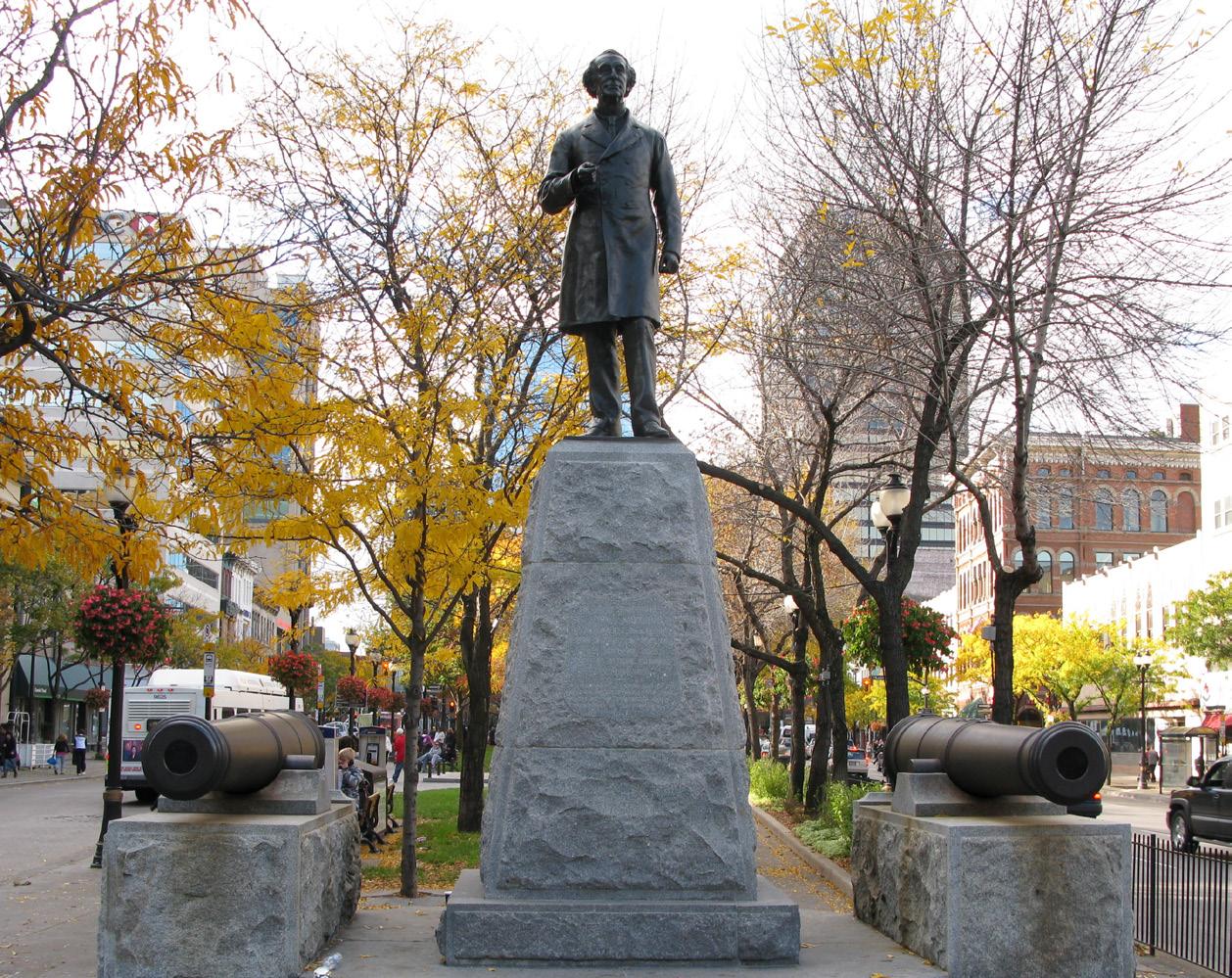
2 minute read
Pandemic exiles
by Ben Powless Pandemic
While some returned home, hundreds of Cree students stayed south to study
Advertisement
When the coronavirus hit and travel restrictions began this spring, hundreds of Cree students were already out of the communities in schools, Cégeps, colleges and universities across the south.
The Cree School Board (CSB) has continued to support these students – and their dependents – through out this tough time. The Nation talked with Pauline Trapper-Hester, Director of Post-Secondary Student
Services for the CSB, to find out how those students are doing.
“We did a survey in the midst of the pandemic where we asked students to see how they were doing and follow up on their well-being,” Trapper-Hester explained. “Most said that because of safety reasons they wanted to stay where they were, many also mentioned con cerns about housing shortages, and they didn’t want to risk any transmis sion of Covid back into the communities.”
The CSB offices tracks where students are and if they’re staying down south or returning to Eeyou Istchee.
At the beginning of the Winter 2020 term, 385 students were reg istered for post-secondary studies down south, along with 277 depend ents – usually their children. Of that, 177 decided to return home when Covid hit, either because they were
exiles
finishing their program, or they decided to study remotely from their community.
However, according to TrapperHester, 207 students decided to stay in their place of study, along with their dependents, mostly in Montreal, Ottawa/Gatineau or North Bay.
She says that many students are currently taking summer courses or are registered to continue studies in the fall. Normally, the CSB only supports students until the end of April or May, or September for summer students, but it continues to provide a living allowance for students whose courses have gone online.
Other groups also stepped in. Trapper-Hester says that a group of Indigenous support workers from var ious colleges are working together to ensure that all the Indigenous students at those institutions weren’t aban doned. If not, she said, the CSB would be searching for other resources to fill this gap.

“They’re being well taken care of in their place of study,” Trapper-Hester said. “We haven’t heard of any difficul ties they’ve had during the virus.”
Trapper-Hester says that she’s not too worried about their situation in the fall – outside of concerns for Covid still being prevalent in Montreal – knowing that most institutions will be moving to online learning.
“With fall coming, we’re preparing to continue to support them – online, full time, partial or returning to their place of study.”
Students will be able to access financial support even if they stay down south or return to their community.
She also had a message for stu dents: “My greetings, I hope all of you are well. I look forward to you contin uing your education in the fall, we’ll always be there to support you through everything.”














